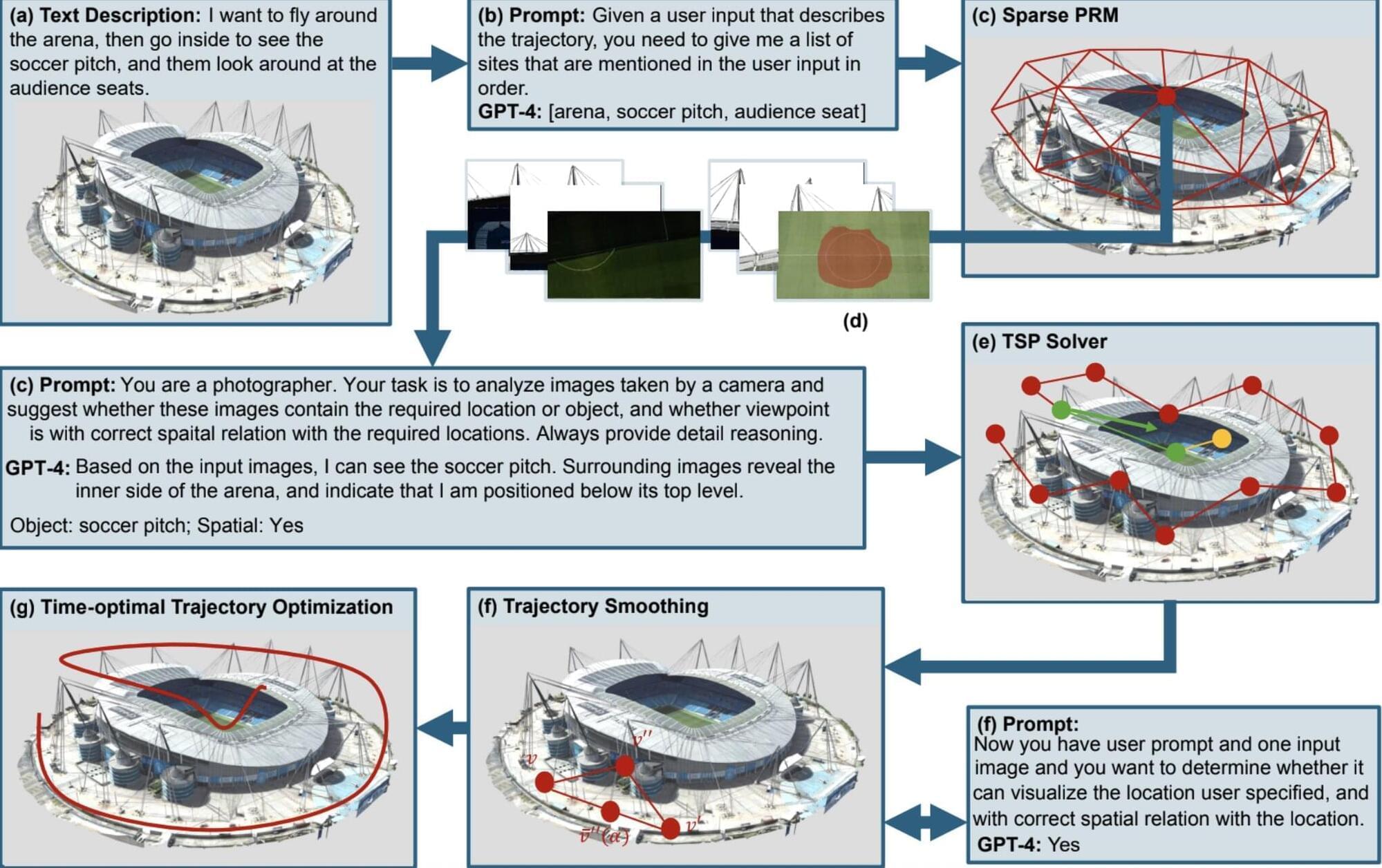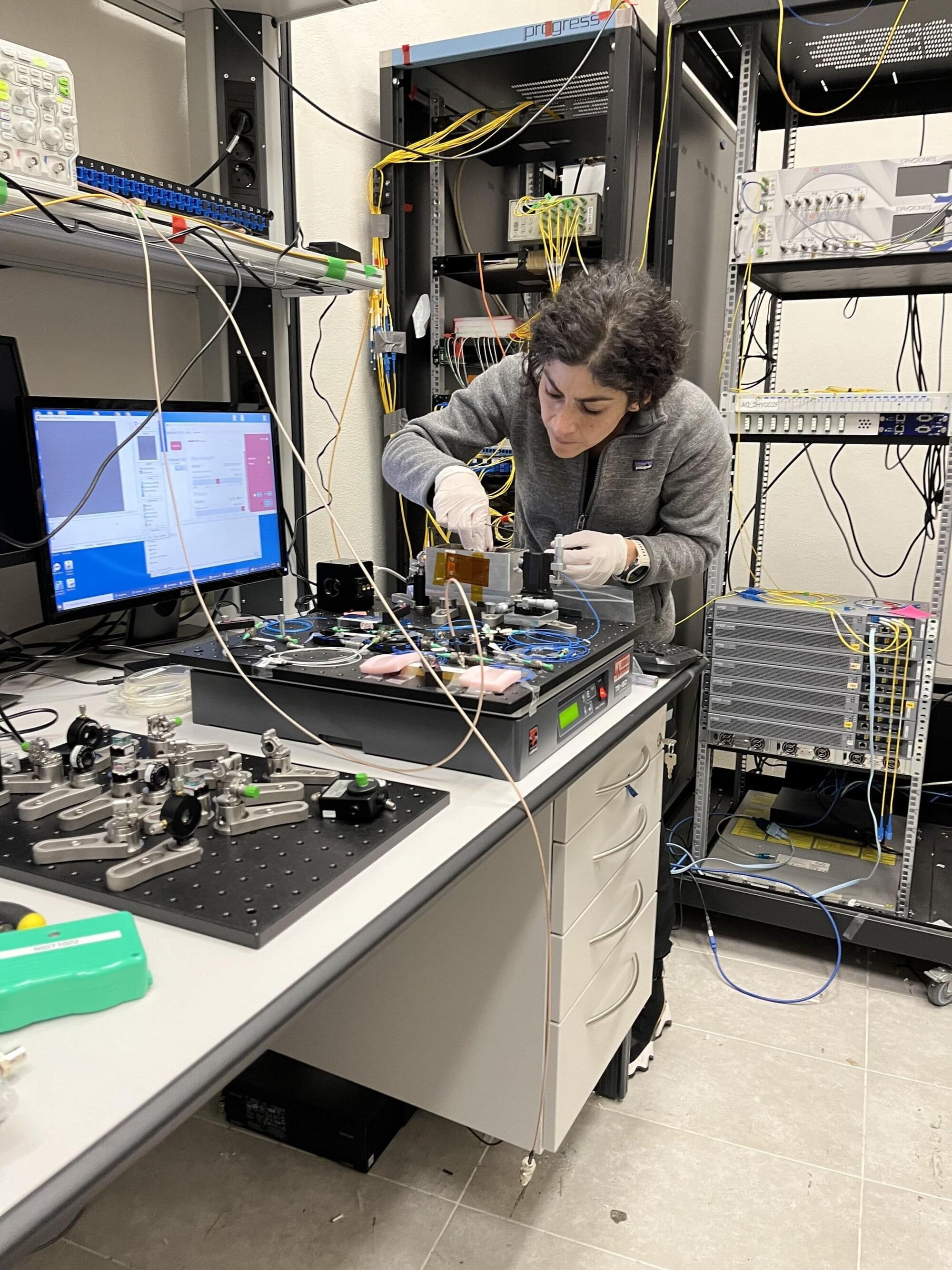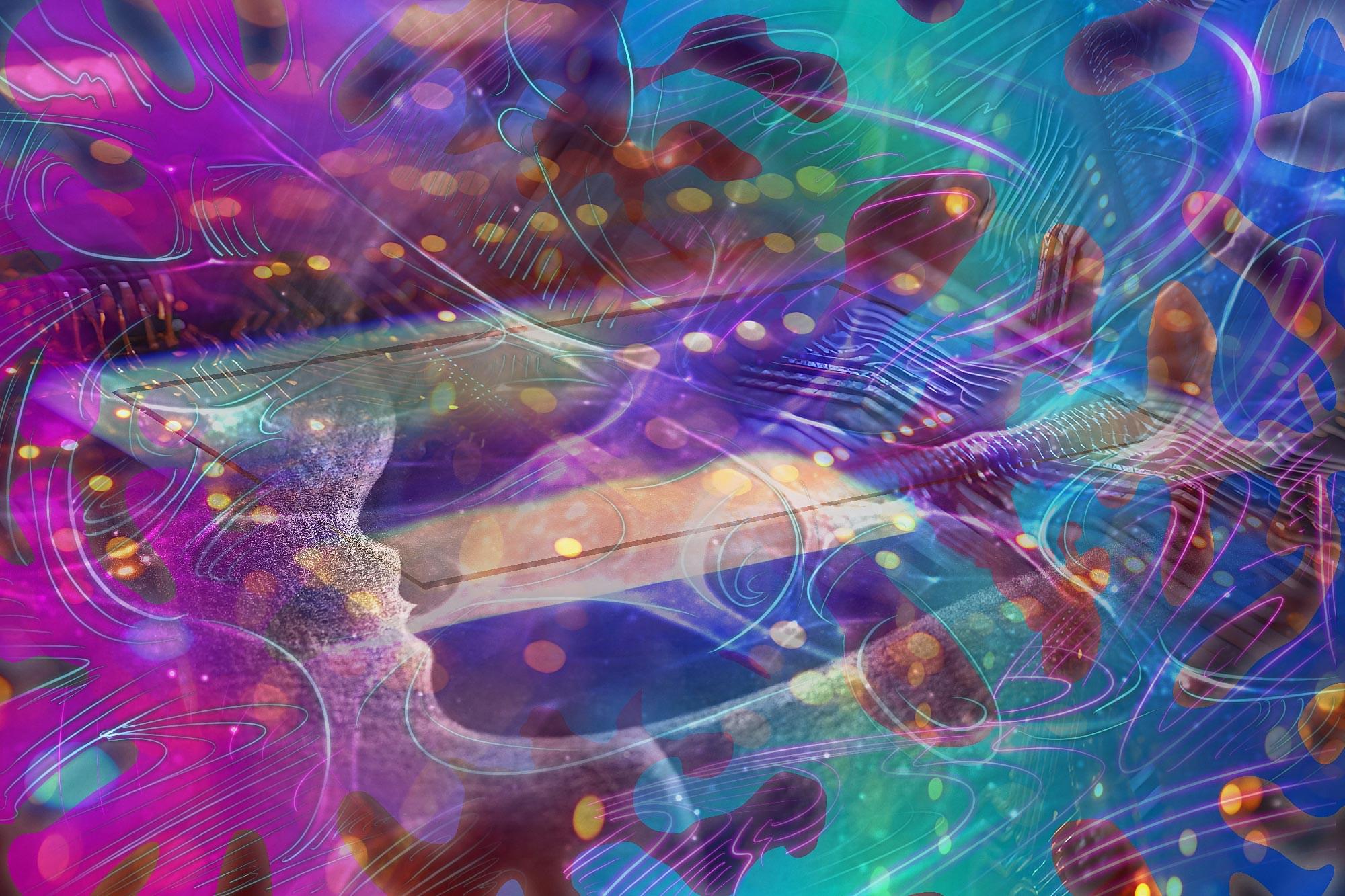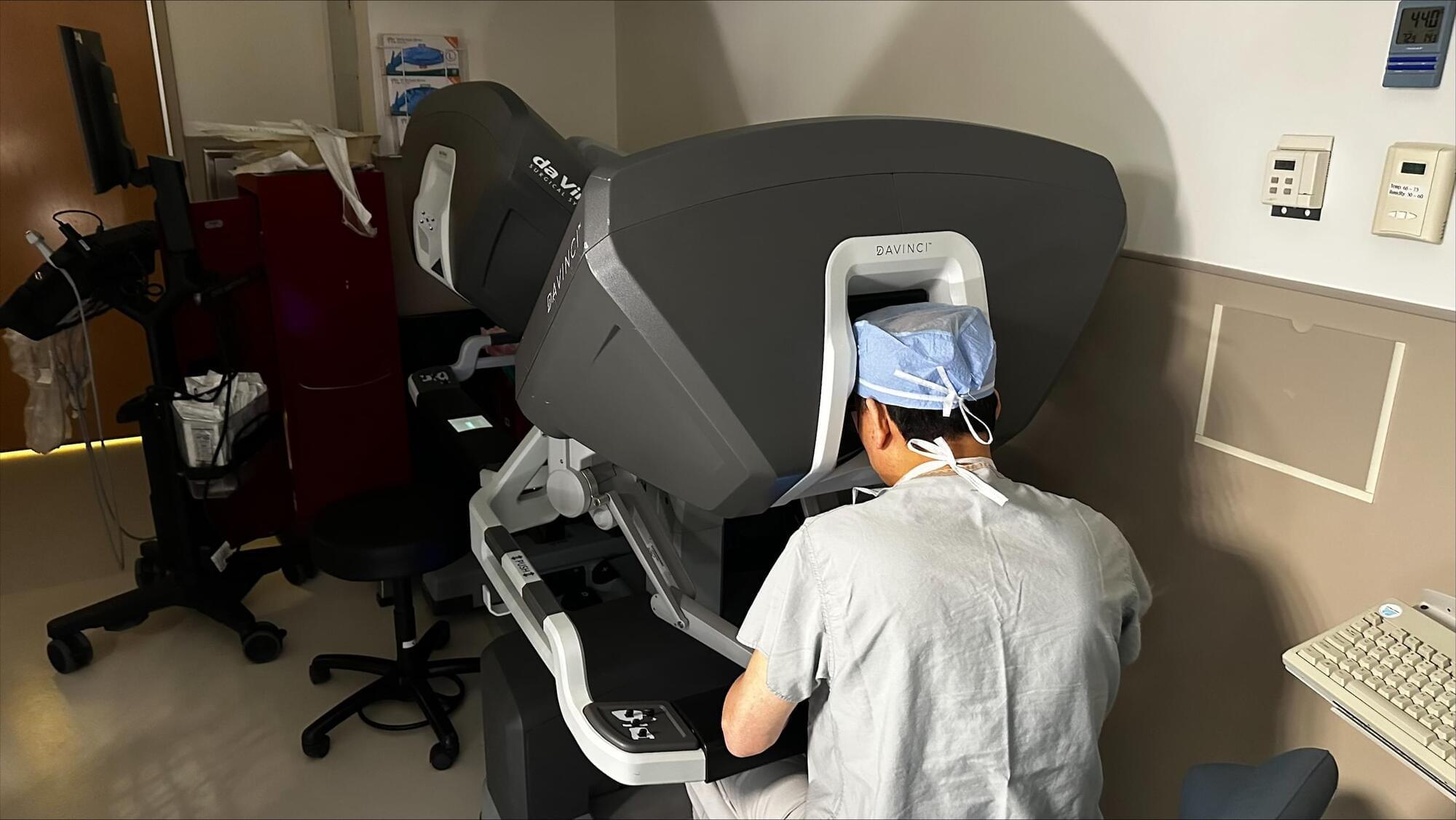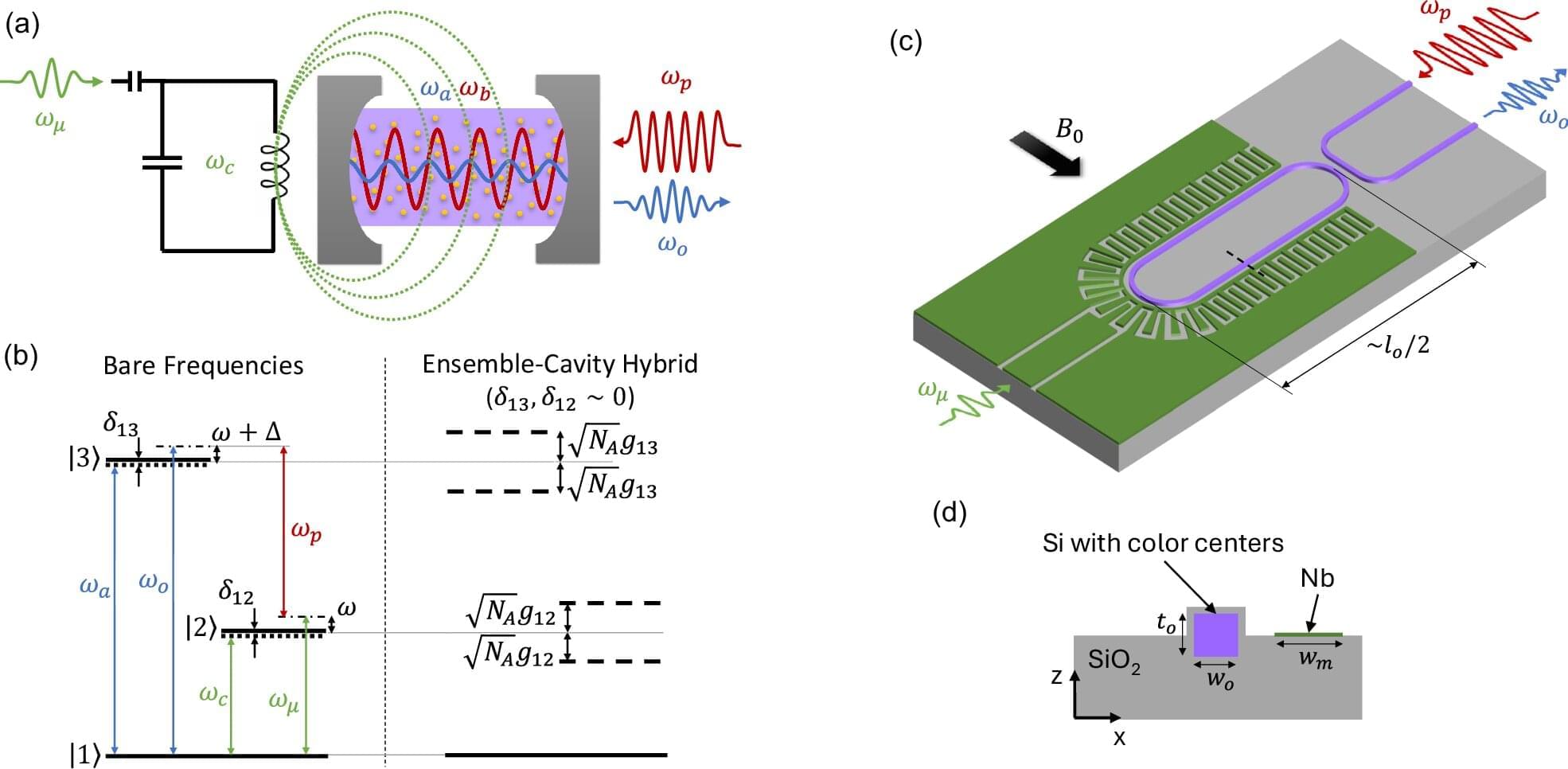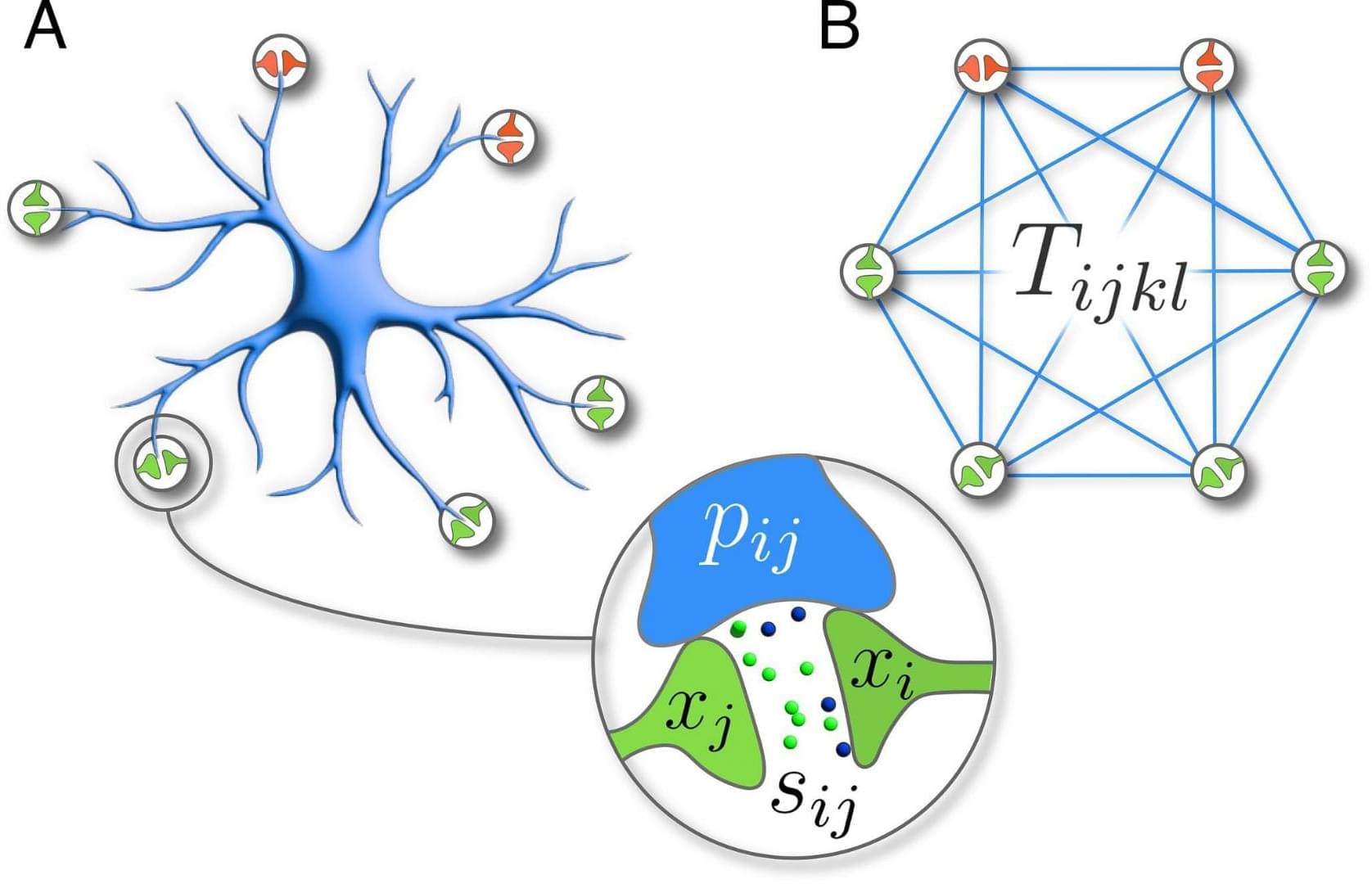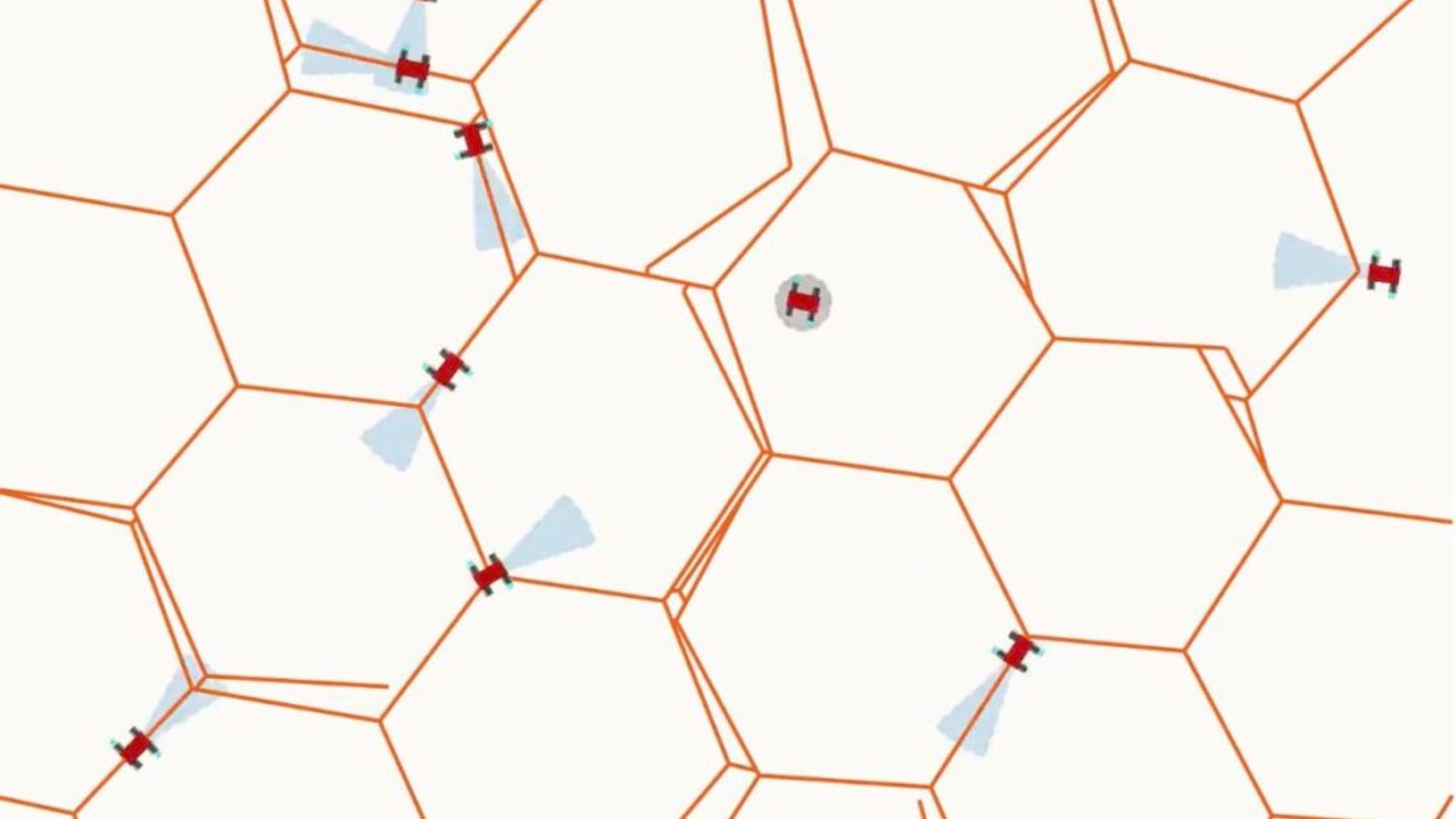Scientists have developed an exact approach to a key quantum error correction problem once believed to be unsolvable, and have shown that what appeared to be hardware-related errors may in fact be due to suboptimal decoding.
The new algorithm, called PLANAR, achieved a 25% reduction in logical error rates when applied to Google Quantum AI’s experimental data. This discovery revealed that a quarter of what the tech giant attributed to an “error floor” was actually caused by their decoding method, rather than genuine hardware limitations.
Quantum computers are extraordinarily sensitive to errors, making quantum error correction essential for practical applications.

